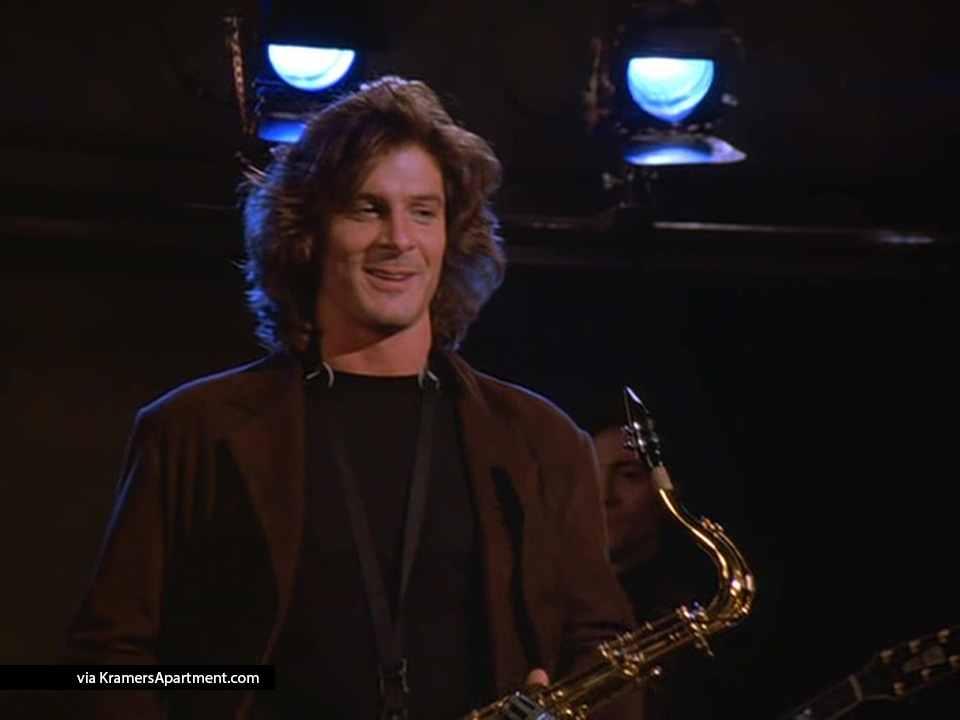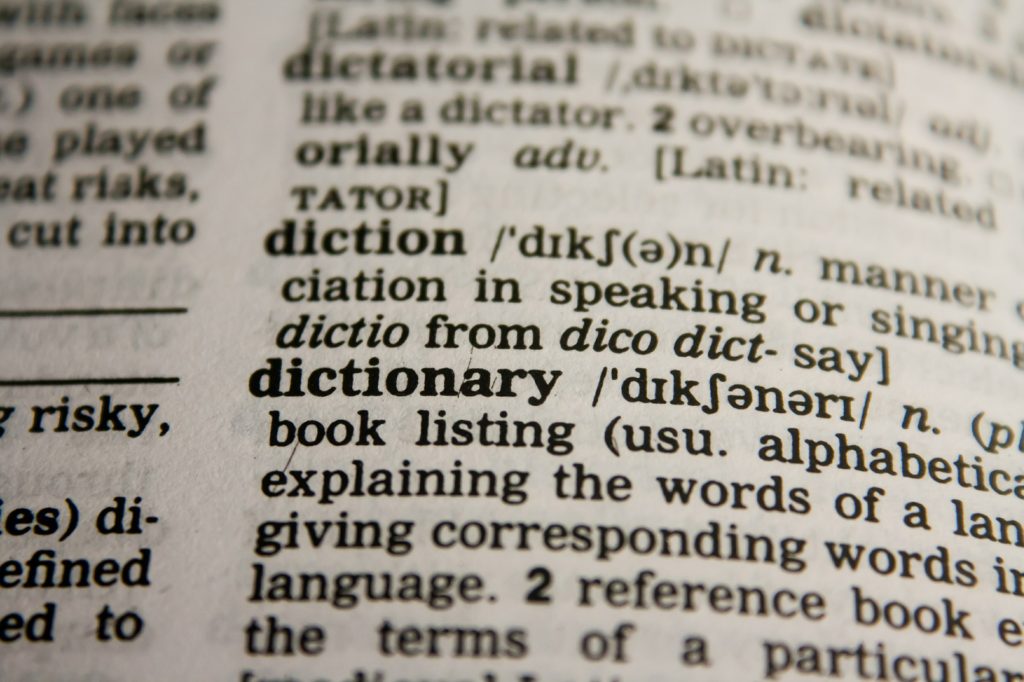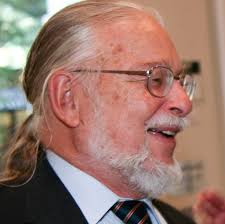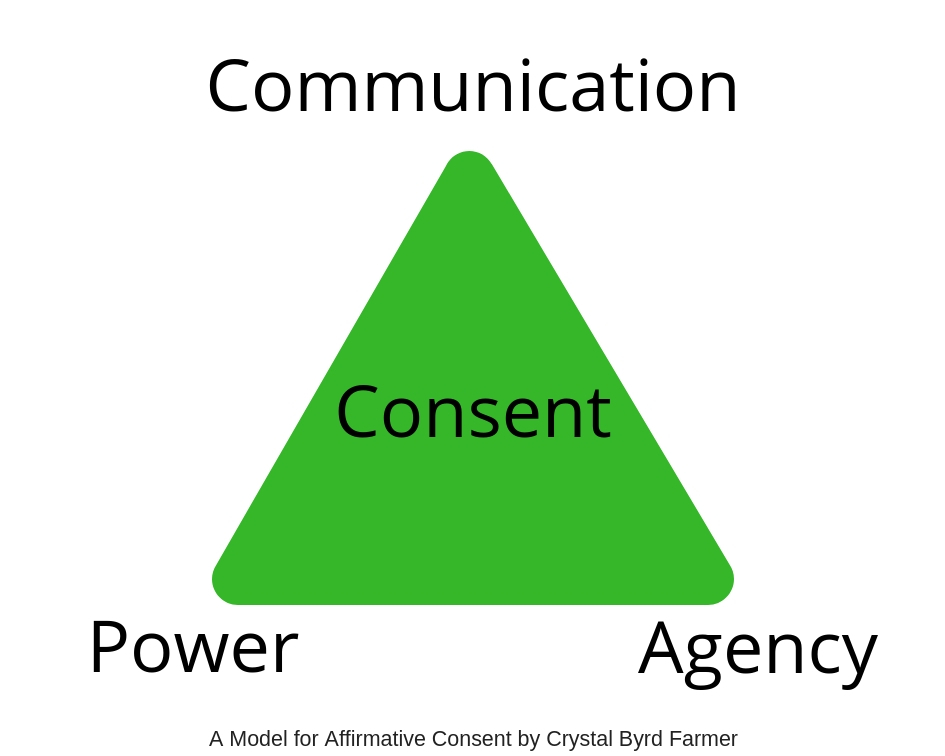Best Possible Outcomes

Best Possible Outcomes
So, my girlfriend Leslie has been watching Seinfeld. She didn’t watch it while it was new or in syndication but she was aware of the hype. Now that the hype has settled down, she’s going through the entire series on Hulu. Recently, we were hanging out, watching TV mid-afterglow (as you do), and one of the more notable episodes appeared. Season 7. Episode 11. The Rye.
Although the series finale really soured me towards the show, I watched the hell out of it before it wrapped up. So I’m well aware of what the episode is about…or at least the dominant draw of the resulting conversations. George’s extremely particular parents, Kramer’s flatulent horse, and Jerry mugging an old lady in the street for a loaf of bread. Hilarious. But watching with fresh and polyamorous eyes, what struck me was Elaine’s interaction with a jazzman named John.
It’s not uncommon to find an episode where some guy is flirting with Elaine or vice versa. It happens. No big deal. But between measuring out her approach speed and her reservations about John’s apparent reluctance to perform oral sex, it’s clear that Elaine is into this guy. That’s when it struck me. If this works out perfectly for Elaine…if he’s receptive to her…if he starts going down on a regular basis…if he impresses her with his skill as a musician…this will be the last man she ever fucks.
Well, at least, that’s how the thought came out at the time. To break it down, I’m talking about the Relationship Escalator. Popularized by writer/blogger Aggie Sez, it’s the concept that our mononormative society promotes a one-track standard for relationship progress. Meet, date exclusively, move in together, get married, have kids, and die. And that’s a conclusion that both Elaine and John are most likely all good with. In fact, as a standard operating procedure, this is their best possible outcome.
There’s nothing wrong with monogamy or the relationship escalator. My only real issue is with the expectation…the presumption…the lack of intentionality. None of the characters in Seinfeld are really suited for the strict monogamy they often appear to seek. As far as I remember, it’s never even a topic of discussion. Not on that show or almost any other popular show. But who cares? They’re just flashing lights on the boob tube.
The problem is that many of us do that with our lives. We don’t examine our needs, our proclivities, or our options. We use monogamy and the escalator as a default setting whether it fits us or not. In any other aspect of our lives, this would be absurd. Imagine if someone ate the best meal they’ve ever had and then resolved to eat only that meal for the rest of forever.
Of course, that’s the story of Don Gorske. Since 1971, Gorske has eaten McDonald’s Big Macs almost exclusively. Every few years, articles are written about what milestone he’s passed. At his current pace, we can expect a few new articles in 2018 when he hits 30,000 sandwiches eaten. Gorske, though, is regarded as an oddity. Someone who has given up on a world of culinary delights in favor of a singular experience repeated until death. But that’s a choice that he’s made for himself. In that, he’s an exception. Society isn’t aligned to make the Don Gorskes of the world the rule…which is precisely what we’re expected to do with our relationships.
Not only are we expected to run with it, we’ve also established a cultural pattern of complaining about it.
Keep your eyes and ears open long enough and you’ll run into images of men at bachelor parties wearing shirts that read “Game Over”. You’ll hear exasperated coworkers complaining about the spouse who they regard as a ball and chain. You’ll encounter sex workers who talk about long time clients who love their partners but need more than a single person can provide. One of TVs longest running sitcoms, Married…with Children, was pretty much a descent into the hostile union of two people who didn’t really want and never negotiated the exclusivity they both felt burdened with. But we’re all expected to relate to their struggle and laugh…and we did…for 11 problematic seasons.
So, as a society, we recognize that lifelong monogamy can be a difficult and stifling proposition. Which is fine, if you want it. But to go along with it quietly? What’s that about? If we’re going to continually offer up our romantic freedom… If we’re going to saddle a single person with the unreasonable expectation of being our everything… If we’re going to repeatedly tease the prospect of giving up the remainder of our new relational experiences to a singular point of input…isn’t some examination called for? A conversation? Some dialogue about what it all really means? Can we at least approach something this life-defining with the same amount of consideration as our next major appliance purchase?
Don’t we owe it to ourselves to at least entertain our options? Maybe you land on polyamory or maybe you decide that complete exclusivity works best for your life. Or maybe you discover a wide range of happy mediums that make more sense in the face of societal structures you’re not entirely comfortable with. Whatever it is and whatever you choose, shouldn’t our best possible outcomes be one that we took the initiative to decide for ourselves?





